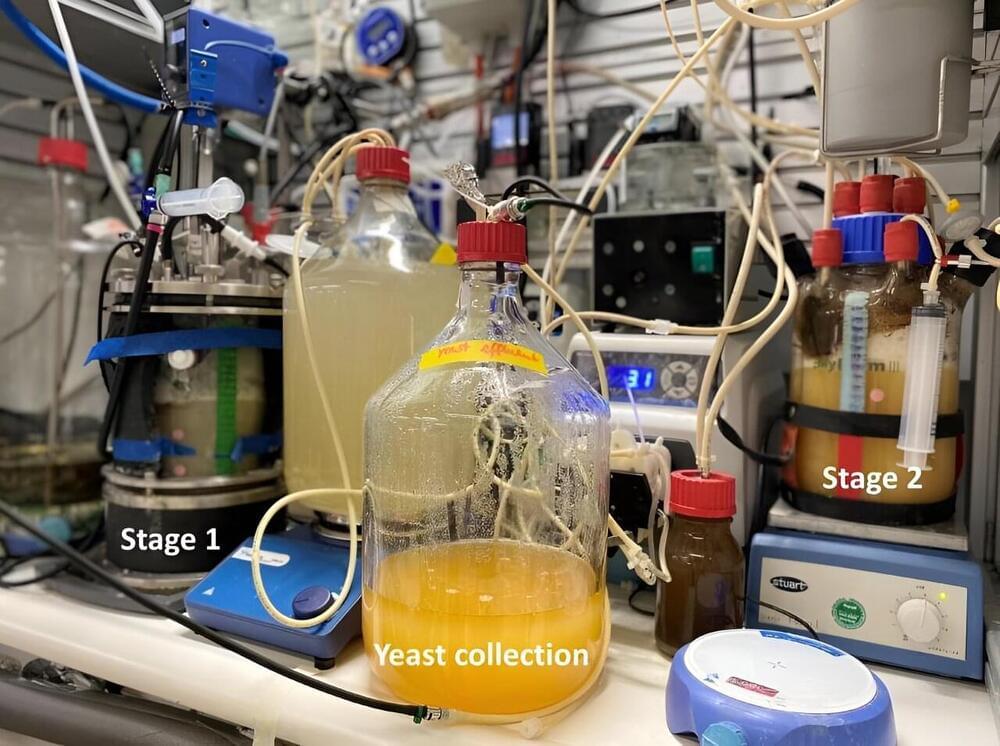However, the yeast should be treated to rid compounds that can increase the risk of gout if consumed excessively. Even so, treated yeast still meets 41% of the daily protein requirement, comparable to traditional protein sources.
This technology aims to address several global challenges: environmental conservation, food security, and public health. Running on clean energy and CO2, the system reduces carbon emissions in food production. It uncouples land use from farming, freeing up space for conservation.
Angenent also stresses that it will not outcompete farmers. Instead, the technology will help farmers concentrate on producing vegetables and crops sustainably. The team’s yeast may also help developing nations overcome food scarcity and nutritional deficiencies by delivering protein and vitamin B9.










Leave a reply